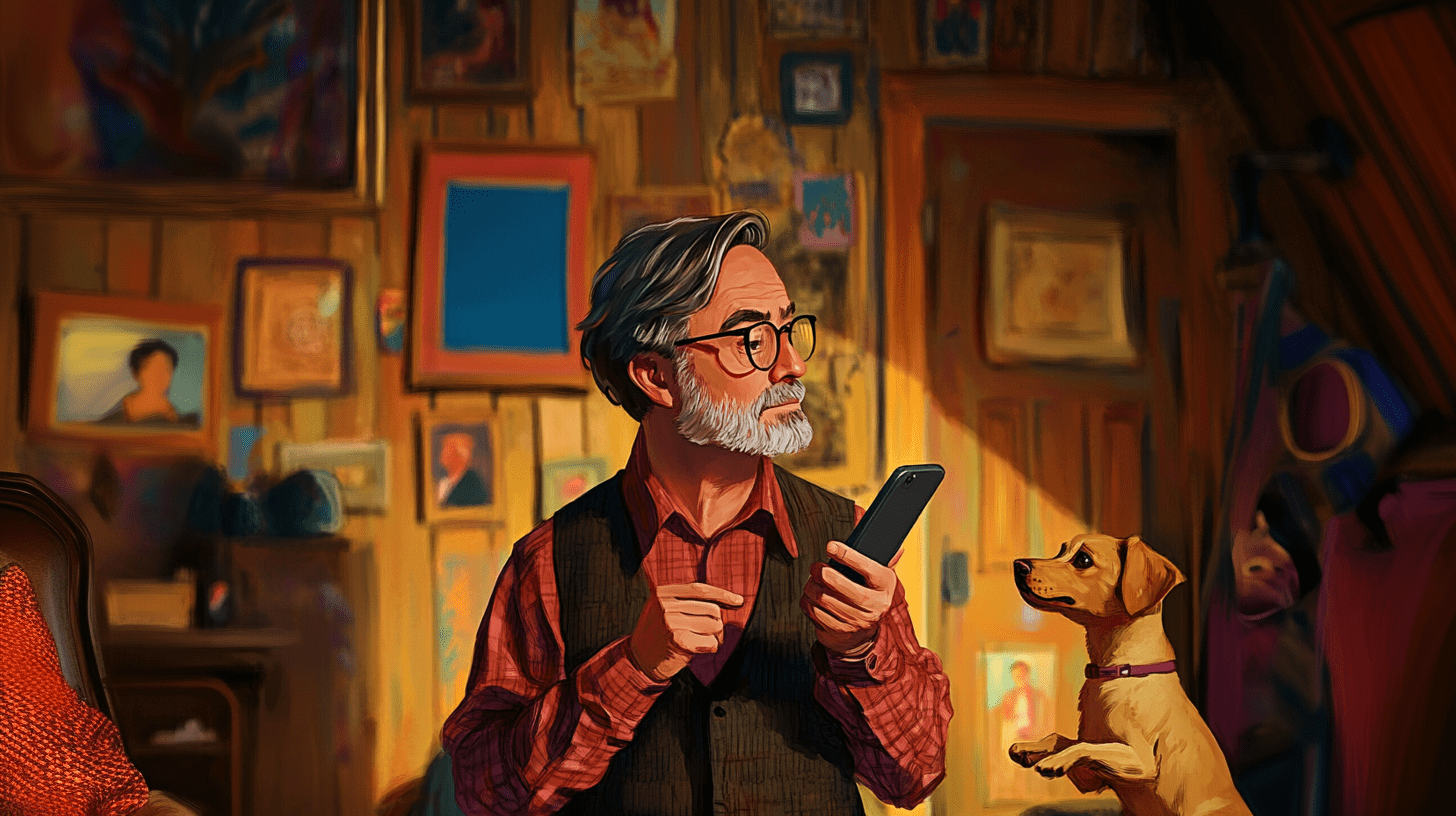The Importance of Web Design to Your Business
November 17, 2015
In a world where more and more people are becoming digital natives, the presence of a website has become a must. From big brands to start-ups, businesses have taken on the online world not just in the form of social media but through the ownership of their own websites. In fact, most experts would suggest that business invest in their own websites as these online assets can stand on their own and are exempt from possible algorithm changes that other social media platforms would otherwise have. Given these factors, it is important to take a look at how the web design of your site affects your business.
Your business site’s web design is a reflection of your brand identity.
Let’s face it, first impressions can last and they do create a lasting impact. At first glance, how a website looks like says a lot about the brand and the company behind it. From the way it looks, one can tell what the brand communicates, from the colors used to the fonts. This is precisely the reason why brand managers are very particular about the color palettes, fonts and even images being used in their consumer websites. As best practice, a good web design must reflect the brand identity and brand architecture of the product or service. Why? The answer is simple as it is compelling, the website is consumed by the brand’s target consumers, and these consumers have expressed clear interest in the brand. At best, these consumers have expressed intent to purchase. Think about this, unlike social media where brands make their presence known through ads with the hopes that their target audience will be reached, website searchers have actively looked for the brand or service – that’s why they searched for it. So from the get-go, these consumers are already looking for your website. Imagine how they would react if you had a website that was designed poorly – meaning, one that does not appeal to their tastes. That could mean instant dismay for your brand, and they could right there and then, lose their reason-to-believe. This is why the web design should reflect your brand identity. Moreover, it should communicate to your target audience. This leads to the next point.
A good web design speaks clearly to its audience.
No one goes to a website to be confused. Your brand’s web design should be easy to navigate and clear in the things it wants to communicate. This is where the site map of your website will come in. The way the website is designed should reflect the thought process and expectation of your user. For example, if you are a brand that provides cooking recipes and lifestyle tips for mothers, your website should be designed in such a way that your consumers will find it easy to find recipes and tips. Those two topics should be easy to find, and the navigation experience should be intuitive. If the pages or sections of your website are not labeled properly, this might make your consumers confused as to where to go. Moreover, if you have so many plug-ins and ads on your website, this might give the consumer a harder time finding what they want. Ultimately, this can lead them to search for other sites.
How your web design facilitates for an efficient and effective user experience reflects on your business.
If you business is online, this definitely applies to you. Online business, such as online retail shops, are virtual equivalents, if not virtual extensions, of actual stores. To an online shopper, going through your online website should have the same if not more delightful experience as that of having to shop in person. The user experience of an online shopper will determine whether they will transact with you or not. If your web design does not allow them to shop with ease, they will not visit your “store”again. Moreover, their dissatisfaction can affect your other patrons, as the rate by which information can travel online need not be justified at this point. One bad review can mean very bad news for your business.
On the other hand, if you are brand that uses the web for promotion, and not necessarily as a sales channel like the one mentioned above, web design is just as crucial in ensuring great user experience. Remember, your online presence is an extension of your actual brand. This means how your users experience your brand online contributes to their overall affinity towards your product or service. For example, if you are a telco company that has been giving sub-standard service to your customers, you can imagine the amount of complaints that would be lodged against you and the online outrage that might go with it. Now, if your consumer can access your website and find that their complaints can be accommodated by a web experience that helps them resolve their concerns, then you can turn these irate customers into potential brand ambassadors. The effectiveness of your web design can turn your web into a customer relations management platform.
The web design allows you to leverage on your content.
It has been said that content is king. While this is true, a badly designed website will not perform well even if it has great content. As an analogy, how can your hotel guests enjoy your world class swimming pool if they can’t even navigate through the floors. Your content will be effectively consumed if the design of your platform allows it to be easily accessible to its consumers. On the other hand, an effective and well-thought out web design can increase the value of good content. For example, a recipe can be great content. Imagine if the web design can allow for the recipe to be consumed as a photo, a video and even as rich media that users can interact with. Those would be possible through the web design of the site. So ulitmately your web design should allow you to delight your consumers online with ease of use and relevance of the content.
 Talk to a person
Talk to a person


